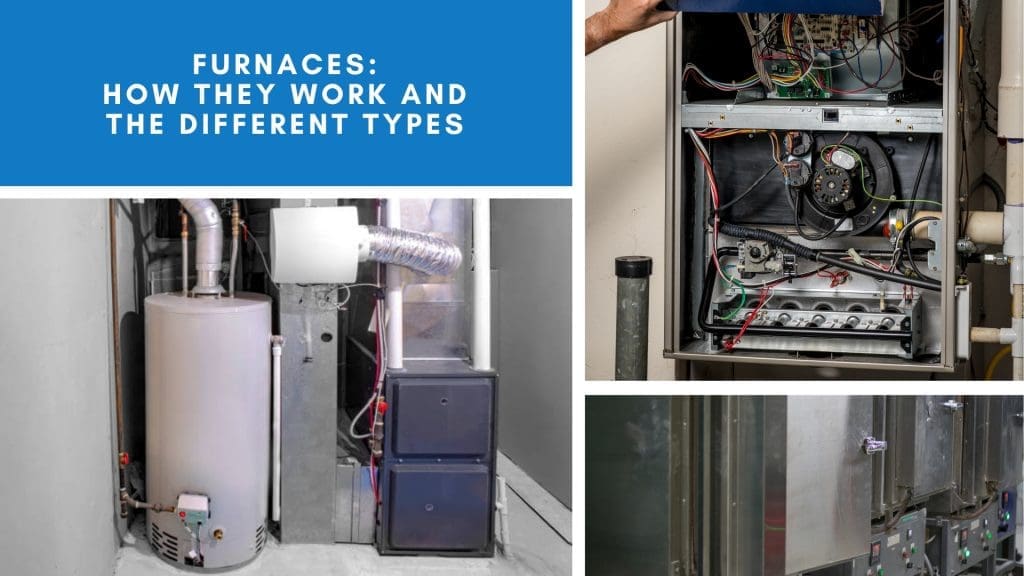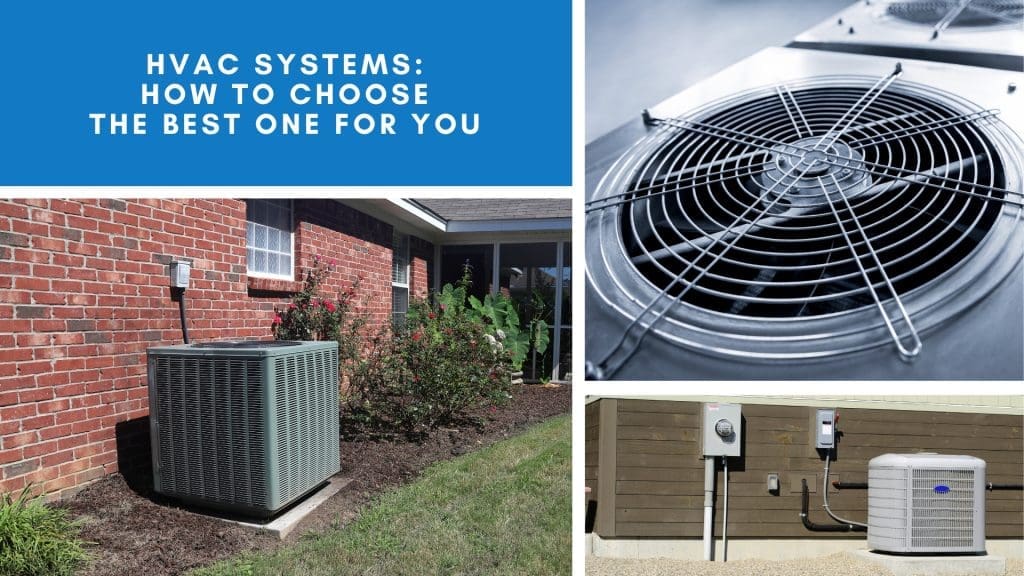As the temperatures rise during the summer months, ensuring your air conditioning system operates efficiently becomes paramount. One way to enhance your AC unit’s performance is by incorporating HEPA filters. These filters not only improve air quality but also contribute to the overall efficiency of your HVAC system. The benefits of using HEPA filters in AC during summer go beyond cooling—they help maintain a healthier indoor environment. Let’s delve into why they are an excellent investment for your home.
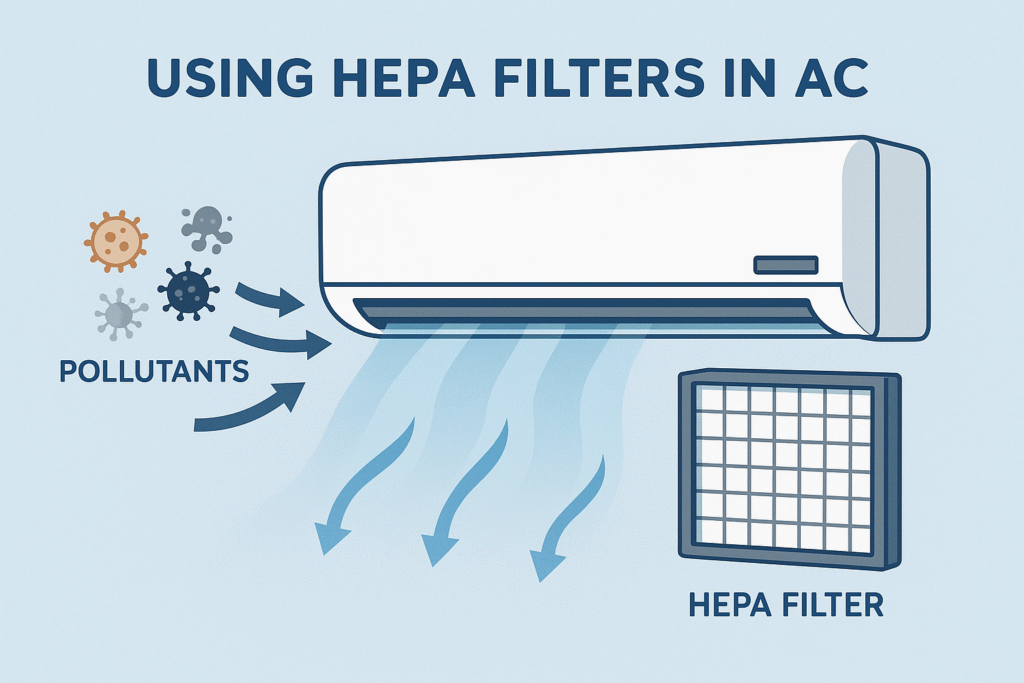
What is a HEPA Filter?
HEPA, or High-Efficiency Particulate Air, filters are designed to trap a vast array of airborne particles. They are renowned for their ability to capture at least 99.97% of particles as small as 0.3 microns. This includes dust, pollen, pet dander, and even some bacteria and viruses.
Understanding HEPA Filter Technology
HEPA filters use a complex web of fibers to capture particles. These fibers are randomly arranged and vary in density, allowing them to trap particles through diffusion, interception, and impaction. As air flows through the filter, particles collide with the fibers and adhere to them, ensuring clean air is circulated.
Origins and Development of HEPA Filters
Originally developed in the 1940s to control radioactive dust in labs, HEPA filters have evolved significantly. They are now used in various applications, from household air purifiers to medical facilities. Their ability to capture microscopic particles makes them indispensable for maintaining clean air.
The Science Behind HEPA Filters
The efficiency of HEPA filters lies in their ability to capture particles of different sizes. Larger particles are caught through impaction, where they collide with the fibers. Smaller particles are captured through diffusion, as they are deflected by air molecules and eventually trapped by the fibers.
Benefits of Using HEPA Filters in Your AC
Improved Indoor Air Quality
One of the most significant advantages of using a HEPA filter in your AC unit is the improvement in indoor air quality. By capturing common allergens and pollutants, HEPA filters help create a healthier living environment. This is particularly beneficial for individuals with allergies or respiratory issues.
Protection Against Allergens
HEPA filters are particularly effective in trapping allergens such as pollen, dust mites, and pet dander. For individuals sensitive to these allergens, HEPA filters can significantly reduce symptoms, creating a more comfortable home environment.
Reduction of Airborne Contaminants
In addition to allergens, HEPA filters can capture a wide range of airborne contaminants, including mold spores and smoke particles. This capability ensures that the air circulating in your home is as clean and fresh as possible.
Enhanced Respiratory Health
By improving air quality, HEPA filters contribute to better respiratory health. Cleaner air reduces the risk of respiratory infections and can alleviate symptoms of conditions such as asthma, ensuring a healthier living space for everyone.
Enhanced HVAC Efficiency
HEPA filters can also enhance the efficiency of your HVAC system. By preventing dust and debris from accumulating in the system, these filters help maintain optimal airflow, reducing the strain on the system and potentially extending its lifespan. A well-maintained AC unit runs more efficiently, which can lead to lower energy bills during the sweltering summer months.
Maintenance and Longevity of HVAC Systems
Regular use of HEPA filters can prolong the life of your HVAC system. By keeping the internal components free from dust and debris, the system operates more smoothly, requiring fewer repairs and replacements over time.
Energy Savings and Cost Efficiency
An efficient HVAC system consumes less energy, which translates to lower utility bills. HEPA filters help maintain this efficiency by ensuring that the system does not have to work harder than necessary to circulate air.
Consistent Cooling Performance
HEPA filters ensure that your AC unit performs consistently, providing reliable cooling throughout the summer. This consistency is vital for maintaining a comfortable indoor environment, especially during heatwaves.
Reduction of Allergens and Pollutants
During summer, allergens like pollen are more prevalent. HEPA filters are particularly effective at trapping these allergens, making them an ideal choice for allergy sufferers. Additionally, they can help reduce indoor pollutants, contributing to a cleaner and safer home environment.
Seasonal Allergy Relief
Summer brings with it a host of allergens that can trigger allergic reactions. HEPA filters provide relief by capturing these particles before they can circulate in your home, offering respite for allergy sufferers.
Mitigating Indoor Pollution
Indoor air pollution can be more concentrated than outdoor pollution. HEPA filters tackle this issue by capturing various indoor pollutants, ensuring your home remains a sanctuary of clean air.
Comprehensive Airborne Particle Removal
From pet hair to household dust, HEPA filters effectively remove a wide range of particles, ensuring that your home remains free from irritants that can affect your health and well-being.
Odor Elimination
HEPA filters can also aid in reducing unpleasant odors in your home. By trapping particles that cause odors, these filters help ensure that the air remains fresh and clean.
Neutralizing Household Odors
Whether it’s cooking smells or pet odors, HEPA filters help neutralize these common household nuisances. By capturing the particles responsible for odors, they keep your home smelling fresh.
Improving Overall Air Freshness
With HEPA filters, your air conditioning system circulates cleaner air, which naturally smells fresher. This improvement in air quality enhances the overall ambiance of your home.
Complementary Use with Other Air Purifiers
HEPA filters work well in conjunction with other air purification technologies. Together, they can tackle a wider range of air quality issues, providing comprehensive odor and particle removal.
Choosing the Right HEPA Filter for Your AC
When selecting a HEPA filter for your AC unit, consider the following factors:
- Compatibility: Ensure that the filter is compatible with your specific HVAC system. Some systems may require modifications to accommodate a HEPA filter.
- Efficiency Rating: Look for filters with a high Minimum Efficiency Reporting Value (MERV) rating, which indicates the filter’s ability to capture particles.
- Size and Fit: Make sure the filter fits correctly within your AC unit to avoid air bypass, which can reduce the filter’s effectiveness.
Factors to Consider When Selecting a HEPA Filter
Choosing the right HEPA filter involves several considerations. The filter’s efficiency, size, and compatibility with your HVAC system are crucial factors that determine its effectiveness in improving air quality.
Compatibility with HVAC Systems
Not all HVAC systems are designed to accommodate HEPA filters. It’s essential to check if your system can handle the increased filtration without compromising airflow or efficiency.
Understanding MERV Ratings
The Minimum Efficiency Reporting Value (MERV) rating indicates a filter’s ability to capture particles. A higher MERV rating means better filtration, but it’s important to ensure your system can handle it.
Correct Sizing for Optimal Performance
Proper sizing is crucial for a HEPA filter to function effectively. An incorrect fit can lead to air bypass, where unfiltered air circulates through your home, reducing the filter’s benefits.
Installation and Maintenance
Proper installation and regular maintenance are crucial for the optimal performance of HEPA filters. It’s advisable to consult with an HVAC professional to ensure the filter is installed correctly. Additionally, regular filter changes are necessary to maintain efficiency and air quality.
Professional Installation Guidance
Engaging a professional for installation ensures that your HEPA filter is set up correctly. They can provide valuable insights into maximizing its efficiency and longevity.
Routine Filter Maintenance
Regular maintenance is key to ensuring your HEPA filter continues to perform optimally. This involves timely replacement of filters and periodic checks for any potential issues.
Troubleshooting Common Issues
Even with regular maintenance, issues can arise. Being aware of common problems, such as reduced airflow or unusual noises, can help you address them promptly, ensuring continuous performance.
The Role of HEPA Filters in Energy Efficiency
By improving airflow and reducing the workload on your HVAC system, HEPA filters contribute to energy efficiency. This can be particularly beneficial during summer when AC units often run continuously. A more efficient system not only reduces energy consumption but also lowers utility costs, making HEPA filters a cost-effective solution.
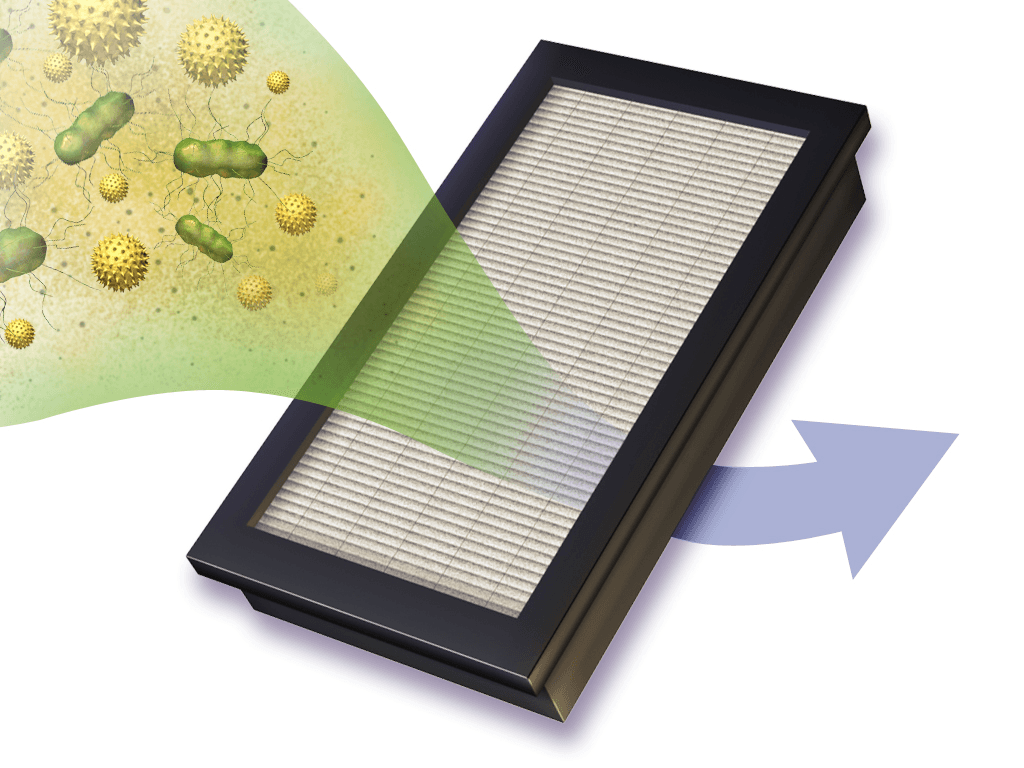
Reducing Energy Consumption
HEPA filters help your HVAC system operate more efficiently, reducing the amount of energy required to cool your home. This reduction in energy consumption not only lowers your bills but also minimizes your environmental footprint.
Impact on Utility Bills
With a more efficient system, you can expect to see a noticeable decrease in your energy bills. The initial investment in HEPA filters can lead to significant savings over time.
Environmental Benefits
Energy-efficient HVAC systems contribute to a reduction in greenhouse gas emissions. By using HEPA filters, you are taking a proactive step towards a more sustainable lifestyle.
Long-Term Cost Savings
While HEPA filters may have a higher upfront cost, the long-term savings in energy and maintenance costs make them a wise financial investment for your home.
Maintaining Optimal Airflow
HEPA filters ensure that your HVAC system maintains optimal airflow, which is crucial for energy efficiency. By preventing blockages, they allow the system to work more effectively and use less energy.
Preventing System Overload
Without proper filtration, dust and debris can accumulate, causing your system to work harder and potentially leading to breakdowns. HEPA filters prevent this, ensuring smooth operation.
Ensuring Consistent Cooling
Consistent airflow is vital for maintaining even cooling throughout your home. HEPA filters help achieve this by ensuring that air circulates freely, without obstruction.
Enhancing System Reliability
A reliable HVAC system is essential during the hot summer months. By maintaining optimal airflow, HEPA filters enhance the reliability of your system, reducing the risk of unexpected failures.
Cost-Effectiveness of HEPA Filters
While the initial investment in HEPA filters may be higher, their cost-effectiveness becomes apparent over time. The combination of energy savings, reduced maintenance costs, and improved air quality makes them a worthwhile investment.
Evaluating Initial Investment vs. Long-Term Gains
The upfront cost of HEPA filters is outweighed by the long-term gains in energy savings and system efficiency. This makes them a financially savvy choice for homeowners.
Comparing HEPA Filters with Other Filtration Options
When compared to other filtration options, HEPA filters offer superior performance and value. Their ability to capture a wide range of particles makes them a better choice for those seeking comprehensive air quality improvements.
Return on Investment for Health and Comfort
Investing in HEPA filters not only benefits your wallet but also enhances your quality of life. The health and comfort gains from improved air quality make them a valuable addition to any home.
Common Misconceptions About HEPA Filters
HEPA Filters and Airflow Restriction
A common misconception is that HEPA filters overly restrict airflow, leading to decreased HVAC performance. However, modern HEPA filters are designed to balance filtration and airflow, ensuring optimal performance without compromising air quality.
Addressing Concerns About Airflow
Concerns about airflow restriction are valid but often overstated. Modern HEPA filters are engineered to provide high filtration efficiency while maintaining adequate airflow, ensuring your HVAC system operates smoothly.
Understanding Filter Design Innovations
Recent innovations in filter design have addressed airflow concerns. These advancements allow HEPA filters to provide superior filtration without significantly impacting system performance.
Balancing Filtration and Efficiency
HEPA filters are designed to balance effective filtration with efficient system operation. This balance ensures that you enjoy the benefits of clean air without sacrificing system performance.
HEPA Filters Are Only for Allergy Sufferers
While HEPA filters are indeed beneficial for individuals with allergies, they offer advantages for all homeowners by improving air quality and HVAC efficiency, making them a worthwhile investment for any household.
Broader Benefits Beyond Allergies
HEPA filters offer a range of benefits beyond allergy relief. From reducing indoor pollutants to enhancing system efficiency, their advantages extend to all homeowners seeking a healthier living environment.
Suitable for Various Household Needs
Regardless of your household needs, HEPA filters can provide significant benefits. Whether you’re looking to improve air quality, reduce energy costs, or extend the lifespan of your HVAC system, they are a versatile solution.
Enhancing Overall Home Environment
By improving air quality and system efficiency, HEPA filters contribute to a more comfortable and healthier home environment, benefiting all residents regardless of their sensitivity to allergens.
Conclusion: Using HEPA Filters in AC
Incorporating HEPA filters into your AC system during the summer months offers numerous benefits. From improved air quality to enhanced HVAC efficiency, these filters are a valuable addition to any home. As a trusted HVAC professional, I recommend considering HEPA filters for those looking to create a healthier, more energy-efficient home environment.
Whether you’re a small business owner seeking reliable information, a work-from-home professional in need of quick solutions, or a busy stay-at-home parent juggling multiple tasks, HEPA filters can help ensure your home remains comfortable and clean. For more personalized advice or assistance with installation, feel free to reach out to our team at LC Heating and Air Conditioning. We’re here to help keep you cool and comfortable all summer long.
Final Thoughts on HEPA Filters
Embracing HEPA filters is a proactive step towards a healthier and more efficient home. Their ability to improve air quality and reduce energy consumption makes them an indispensable part of modern living.
Emphasizing Long-Term Benefits
The long-term benefits of HEPA filters extend beyond immediate gains in air quality. They contribute to a more sustainable lifestyle by reducing energy consumption and promoting better health.
Encouraging Informed Decisions
Making informed decisions about your HVAC system can have lasting impacts on your home environment. Understanding the benefits of HEPA filters empowers you to choose solutions that best fit your needs.
Inviting Further Exploration
For those interested in learning more about HEPA filters and their benefits, our team is ready to provide further insights and support. We invite you to explore the possibilities of cleaner air and more efficient energy use with us.
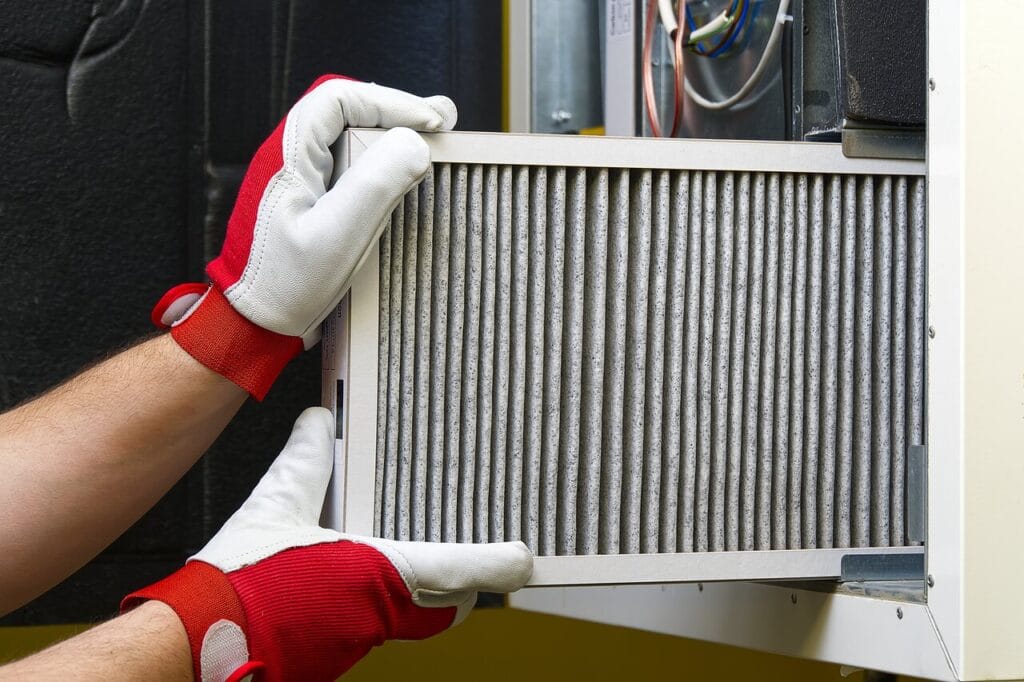
Frequently Asked Questions (FAQ) about HEPA Filters
- What are HEPA filters and how do they work? HEPA (High-Efficiency Particulate Air) filters are designed to trap a significant amount of particles, including dust, pollen, and pet dander, ensuring cleaner air in your home. They work by using a dense mat of fibers that capture particles as air passes through.
- Do HEPA filters restrict airflow in HVAC systems? A common misconception is that HEPA filters overly restrict airflow. However, modern HEPA filters are engineered to balance effective filtration with adequate airflow, ensuring optimal HVAC performance without compromising air quality.
- Are HEPA filters worth the investment? Yes, while the initial cost of HEPA filters may be higher than standard filters, their long-term benefits, including energy savings, reduced maintenance costs, and improved air quality, make them a cost-effective choice for homeowners.
- Can HEPA filters help with allergies? Absolutely! HEPA filters are particularly beneficial for allergy sufferers as they effectively capture allergens and other airborne particles, leading to improved indoor air quality and comfort.
- How often should HEPA filters be replaced? It is generally recommended to replace HEPA filters every 6 to 12 months, depending on usage and environmental factors. Regular maintenance ensures optimal performance and air quality in your home.

